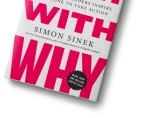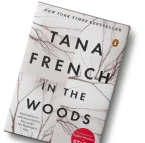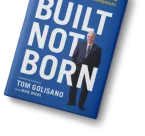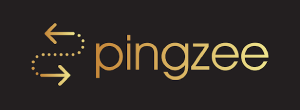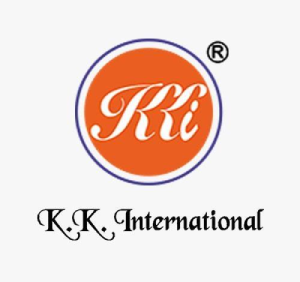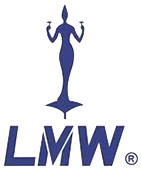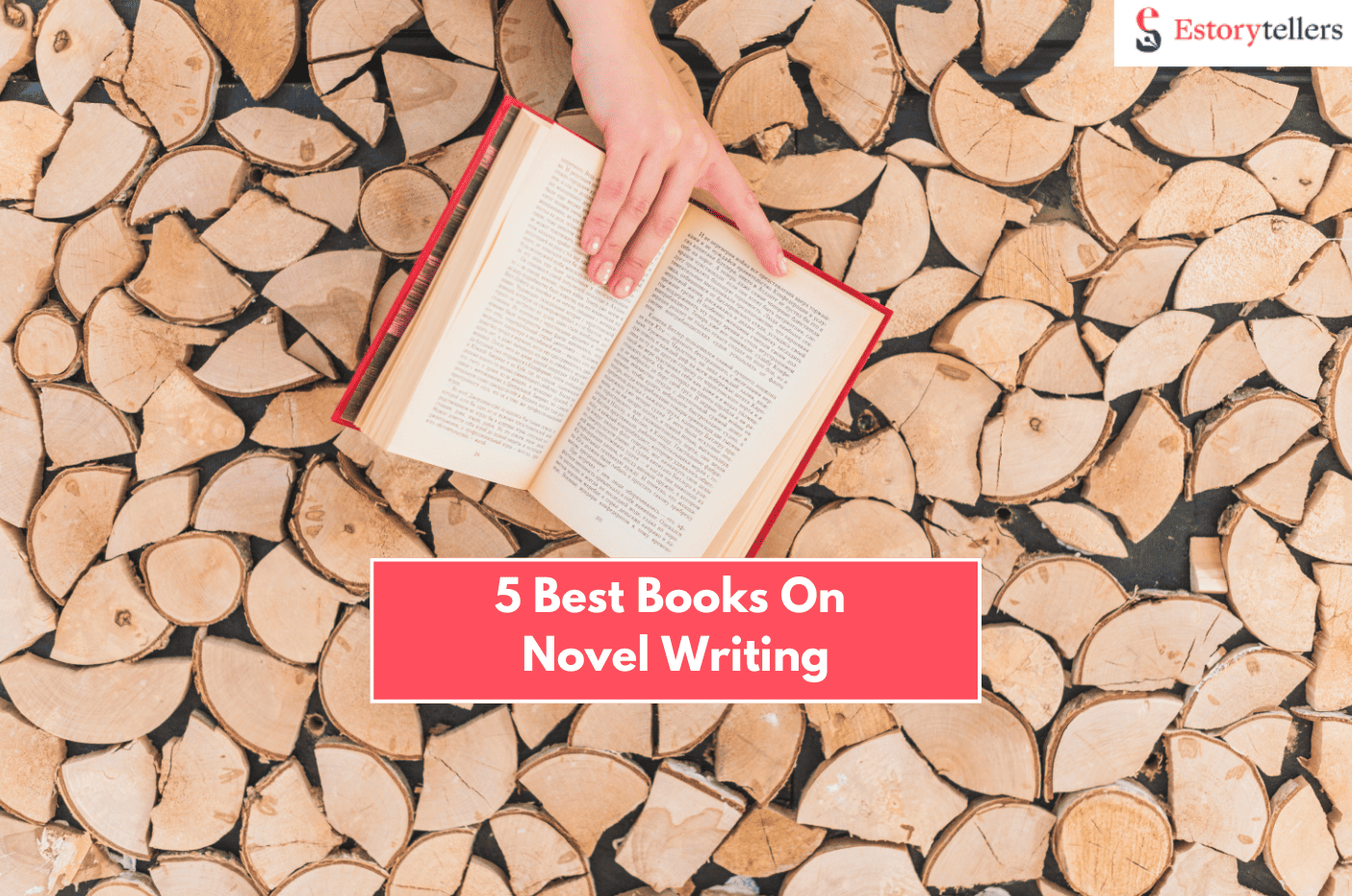
The right books on novel writing can teach you how to shape characters, weave intricate plots, and create emotional resonance with readers. This guide showcases five of the best books on novel writing, each offering unique insights to help you craft a masterpiece.
Books on novel writing aren’t limited to beginners; they’re tools for writers at all stages. They provide practical tips, tried-and-true techniques, and inspiring stories that help you get over those creative blocks. The experience and knowledge of celebrated authors and industry professionals are refined within these books, which are full of insights you’d otherwise not find elsewhere.
These resources are invaluable if you’re looking to improve your storytelling or tackle specific challenges like writer’s block, plot development, or character creation.
The 5 Best Books on Novel Writing
1. Story Genius by Lisa Cron
Lisa Cron’s Story Genius is not your typical guide to novel writing. Instead of focusing on traditional elements like plot and style, Cron goes into the psychology of storytelling. She explains why certain stories resonate deeply with readers and offers techniques to ensure your narrative does the same.
- What It Covers: The book teaches you to focus on your character’s internal struggle and how it drives the plot forward. Cron emphasizes starting your story by answering one critical question: Why does this story matter?
- Why It’s Unique: Unlike many guides, Story Genius focuses on creating a narrative blueprint before you write, ensuring your story has emotional depth and coherence from the outset.
- Who Should Read It: This book is ideal for writers who struggle to make their stories emotionally compelling or who want to explore character motivation more deeply.
2. The Anatomy of Story by John Truby
The Anatomy of Story is widely regarded as one of the most comprehensive guides to storytelling. John Truby, a renowned screenwriting teacher, applies his expertise to help writers master the art of creating gripping narratives.
- What It Covers: This book breaks down the elements of storytelling into manageable parts, covering everything from plot structure to thematic depth. Truby’s 22-step outline for storytelling is a highlight, offering a roadmap for crafting complex, layered tales.
- Why It’s Unique: Truby goes beyond surface-level advice, helping writers think critically about every aspect of their story. His insights into theme and character development are particularly useful.
- Who Should Read It: Perfect for writers who want a detailed, step-by-step approach to creating stories that captivate readers.
3. From Where You Dream by Robert Olen Butler
Robert Olen Butler’s From Where You Dream takes a deeply introspective approach to novel writing. Rather than focusing on mechanics, Butler emphasizes the importance of accessing your subconscious to create authentic and emotionally resonant stories.
- What It Covers: Butler discusses how to write from “dreamspace,” a mental state where creativity flows naturally. The book includes exercises to help writers tap into their subconscious and write with emotional truth.
- Why It’s Unique: Its focus on emotional authenticity sets it apart. Butler’s approach encourages writers to explore their innermost thoughts and feelings, which often leads to more powerful narratives.
- Who Should Read It: Writers seeking to deepen the emotional impact of their work or those who feel stuck in overly intellectual writing habits.
4. Writing the Breakout Novel by Donald Maass
Donald Maass, a literary agent with decades of experience, offers invaluable advice in Writing the Breakout Novel. This book focuses on helping writers elevate their stories to stand out in today’s competitive publishing market.
- What It Covers: Maass provides strategies for creating high-stakes plots, crafting memorable characters, and infusing emotional intensity into your story. He also offers advice on pacing and tension to keep readers engaged.
- Why It’s Unique: Written from the perspective of a literary agent, this book provides insights into what makes a novel marketable. It bridges the gap between artistic storytelling and commercial success.
- Who Should Read It: Writers aiming to publish their work and appeal to both readers and industry professionals.
5. Wonderbook: The Illustrated Guide to Creating Imaginative Fiction by Jeff VanderMeer
For writers of speculative fiction, Wonderbook is an unparalleled resource. Jeff VanderMeer combines practical advice with stunning visuals to create a guide that’s as inspiring as it is informative.
- What It Covers: The book explores topics like world-building, character development, and plot creation, all tailored to the needs of fantasy and science fiction writers. Its colorful illustrations and diagrams make complex concepts accessible.
- Why It’s Unique: VanderMeer’s use of visuals sets this book apart. It’s an interactive guide that encourages writers to think creatively and experiment with their storytelling.
- Who Should Read It: Ideal for writers of speculative fiction who want a visually engaging, creativity-focused resource.
Honorable Mentions
If you’re still hungry for more, here are a few additional books that deserve a spot on your reading list:
- Plot and Structure by James Scott Bell: A straightforward guide to mastering plot creation.
- The Writer’s Journey by Christopher Vogler: An exploration of the hero’s journey, a timeless narrative structure.
- Becoming a Writer by Dorothea Brande: A motivational classic that helps writers develop discipline and creativity.
How To Choose The Right Book For You
Not every book will suit every writer. To find the perfect fit:
- If you’re new to writing, start with Plot and Structure for a strong foundation.
- If you’re looking to refine your storytelling, The Anatomy of Story or Story Genius are excellent choices.
- For speculative fiction writers, Wonderbook offers genre-specific advice in a uniquely creative format.
Parting Thoughts
Writing a novel is an art that requires both inspiration and technique. The best books on novel writing listed here offer guidance, motivation, and practical advice to help you create stories that captivate readers.
If you’re drawn to the psychological insights of Story Genius or the visually engaging approach of Wonderbook, there’s a resource here to suit your style and goals. Pick one (or several) of these books, and take the next step in your writing journey.
What book has influenced your writing the most? Share your favorites and inspire fellow writers!
FAQs About Books On Novel Writing
What is the best book on writing a novel?
The best book depends on your needs. For emotional depth, Story Genius is a standout, while The Anatomy of Story offers detailed structural guidance.
Which is the best novel book to read?
For inspiration, classics like To Kill a Mockingbird or 1984 can ignite your creativity.
Who is the greatest novel writer?
This is subjective, but authors like Leo Tolstoy, Jane Austen, and Gabriel García Márquez are often celebrated for their timeless works.
What book should I read to become a writer?
For beginners, Becoming a Writer by Dorothea Brande is a great start. For more advanced techniques, Writing the Breakout Novel is invaluable.







